- Home Page
- Company Profile
-
Our Products
- Fiberglass Epoxy Sheet
- Epoxy Sheet Manufacturer in Delhi
- 2mm Battery Grade Glass Epoxy Sheet
- Epoxy Sheet
- FR4 Yellow Color Epoxy Sheet
- Fiber Glass Epoxy Sheet
- Glass Epoxy Sheet
- 4mm G10 Green Epoxy Fiberglass Sheet
- Epoxy Fiber glass Sheet Manufacturer
- FR4 Yellow Fiberglass Epoxy Sheet
- 1mm Epoxy Fiberglass Sheet
- 0.5mm Glass Epoxy Sheet
- Glass Epoxy Sheet
- Epoxy Sheet Manufacturer
- Glass Epoxy Sheet Manufacturer in Delhi
- Glass Epoxy Sheet Manufacturer
- G10 Epoxy Sheet Manufacturer In Delhi
- Red Vulcanized Fiber Sheet
- Electrical Press Board
- Epoxy Fiber Tube
- Epoxy Fiber Glass Rod
- Synthetic Cryolite
- Insulating Press Board Sheet
- Glass Epoxy Sheet
- Red Vulcanized Fibre Sheet
- 3240 Epoxy Glass Sheet
- 3240 Glass Epoxy Sheets In New Delhi
- Battery Grade Glass Epoxy Sheet
- Epoxy Fiberglass Laminate Sheet
- Fr4 Epoxy Glass Laminate Sheet
- Fr4 Glass Epoxy Laminates
- Fr4 Glass Epoxy Sheet
- Frp Epoxy H Class Fr 4 Grade Sheet
- G10 Epoxy Sheet
- G10 Glass Epoxy Sheet
- G11 Epoxy Sheet
- G11 Glass Epoxy Sheet
- Glass Epoxy Frp Sheets
- Glass Epoxy Laminate Sheet Nema G10 Ep3 (2)
- Glass Epoxy Laminate Sheet Nema G10 Ep3
- Glass Epoxy Laminated Sheets
- Glass Epoxy Sheet (2)
- Glass Epoxy Sheet
- Red Vulcanized Fiber Sheets
- Unclad Glass Epoxy Laminates
- Unsclad Glass Epoxy Laminates
- Vulcanised Fibre Sheet
- battery pack sheet
- Epoxy Fiberglass sheet
- Yellow Fiberglass Epoxy Sheet
- 3240 Epoxy Fiberglass Sheet
- Epoxy Fiberglass Laminate Sheet
- Epoxy Fiberglass Sheet (2)
- Epoxy Fiberglass Sheet
- Epoxy Frp Sheets
- Epoxy Glass Cloth Laminate Sheet
- Epoxy Glass Sheets 3240
- Fiberglass Epoxy Sheet
- Fr4 Glass Epoxy Unclad Laminates
- FR4 Yellow Fiberglass Epoxy Sheet
- Frp Epoxy Sheet In Mumbai
- G10 Green Epoxy Fiberglass Sheet
- Green G11 Glass Epoxy Sheet
- Industrial Fiber Glass Sheet
- Nema Fr4 G10 Epoxy Sheet
- FRP Epoxy Sheet
- Insulation Board
- Insulating Press Board
- Electrical Insulating Press Board
- Electrical Insulation Paper Press Board
- Electrical Insulation Paper Press Pan Board
- Insulating Pre Compress Press Board
- Insulating Transformer Pressboards
- Insulation Press Board Components
- Insulation Press Board
- Paper Electrical Insulating Press Boards
- Transformer Insulating Press Board
- Polypropylene Sheets
- Vulcanized Fibre Sheets
- Cryolite Powder
- Delrin Sheet
- Epoxy Rod
- Polycarbonate Sheet
- Glass Epoxy Sheet Supplier
- Fiberglass Epoxy Sheet
- Contact Us
Search Products
0.5mm Glass Epoxy Sheet
0.5mm Glass Epoxy Sheet Specification
- Shape
- Rectangle
- Size
- Standard
- Material
- Fiberglass
- Application
- Industrial
- Product Type
- Glass Epoxy Sheet
- Color
- Transparent
0.5mm Glass Epoxy Sheet Trade Information
- Minimum Order Quantity
- 100 Kilograms
- Supply Ability
- 25000 Kilograms Per Month
- Delivery Time
- 7 Days
About 0.5mm Glass Epoxy Sheet
A 0.5 mm glass epoxy sheet is a thinner variant of epoxy sheets that still retains the exceptional properties of glass fiber reinforcement and epoxy resin, but with a more compact form. This type of sheet is particularly useful when space is a concern, but you still need the strength, insulation, and durability associated with glass epoxy composites.
Characteristics of a 0.5 mm Glass Epoxy Sheet:
-
Compact Thickness: At just 0.5 mm thick, this sheet is much thinner than typical epoxy sheets but still provides significant mechanical strength and resistance. Its suitable for applications where space is limited.
-
Mechanical Strength: Despite the reduced thickness, the glass fiber embedded in the epoxy resin gives the material excellent tensile strength, making it capable of withstanding moderate stress and strain.
-
Electrical Insulation: Just like thicker versions, a 0.5 mm glass epoxy sheet is an excellent electrical insulator, protecting sensitive components from electrical interference and shorts. This makes it particularly valuable in electronics.
-
Thermal and Chemical Resistance: While thinner, the material still offers solid resistance to temperature fluctuations and various chemicals. This property makes it suitable for use in harsh environments like manufacturing or automotive applications.
Applications of 0.5 mm Glass Epoxy Sheets:
-
Printed Circuit Boards (PCBs): In electronics, thinner glass epoxy sheets are often used as substrates for high-density PCBs. The reduced thickness makes them ideal for compact, high-performance devices like mobile phones, laptops, and other consumer electronics.
-
Electrical Insulation: These thin sheets are frequently used in small electrical components such as transformers, relays, motors, and capacitors where space and weight constraints are critical but electrical insulation is still needed.
-
Battery Components: In applications like battery packs (especially for electric vehicles), thin sheets provide insulation and structural reinforcement without adding bulk.
-
Flexible Circuitry: Thinner glass epoxy sheets are sometimes used in flexible or multi-layer circuit boards where flexibility combined with strength and insulation is required.
-
Aerospace & Automotive: In applications where lightweight yet strong materials are essential, like in the construction of aerospace components, automotive parts, or lightweight structural elements.
Benefits of 0.5 mm Glass Epoxy Sheets:
- Space-efficient: Suitable for designs where thickness and weight are limited but mechanical and electrical properties are still essential.
- Precision: The thinness allows for detailed, precise work, especially in sensitive electronics and thin-walled enclosures.
- Durability: Still maintains the durability and chemical resistance of thicker epoxy sheets, which is ideal for long-term performance in demanding environments.
Would you like to explore specific industries that make use of this thickness, or dive deeper into its applications?
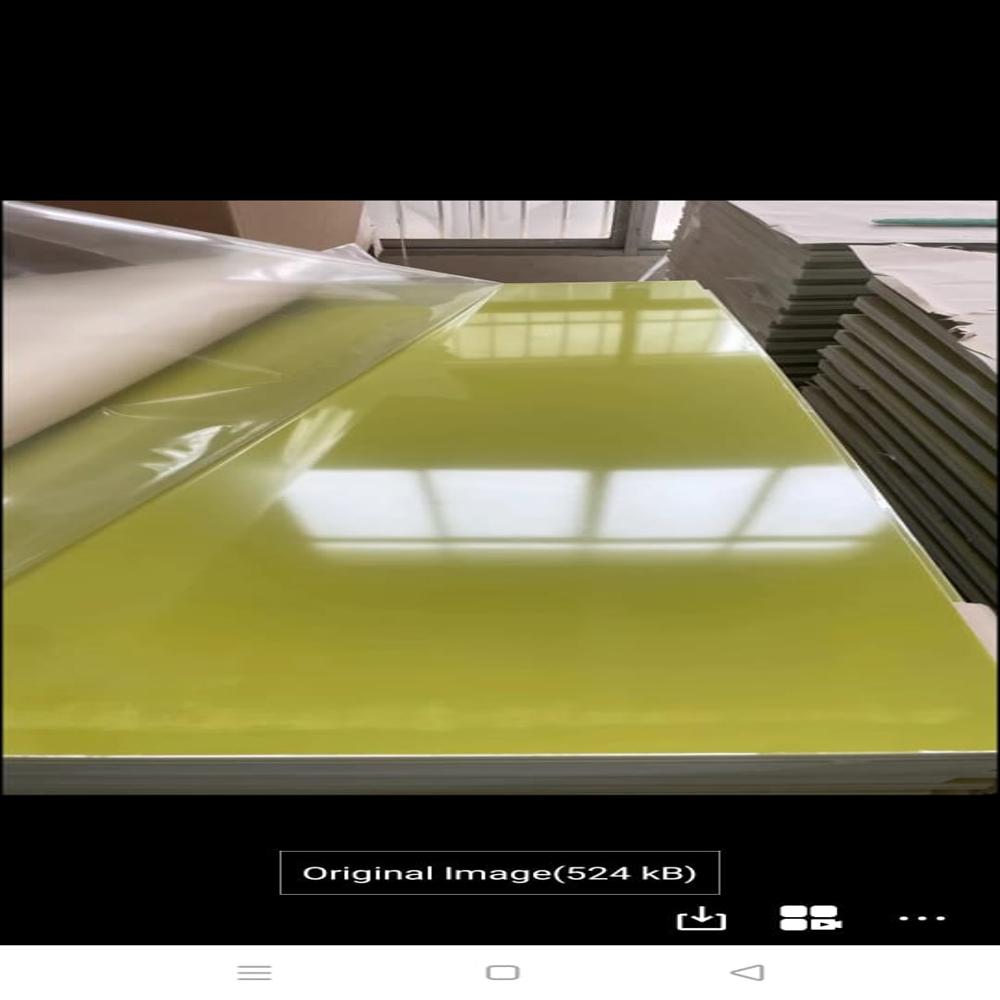
Tell us about your requirement

Price:
Quantity
Select Unit
- 50
- 100
- 200
- 250
- 500
- 1000+
Additional detail
Mobile number
Email
More Products in Fiberglass Epoxy Sheet Category
Glass Epoxy Sheet Manufacturer
Price 120.0 INR / Kilograms
Minimum Order Quantity : 100 Kilograms
Application : industrial usages
Product Type : sheet
Material : epoxy sheet
Usage : electrical equipments
FR4 Yellow Color Epoxy Sheet
Price 240 INR / Kilograms
Minimum Order Quantity : 100 Kilograms
Application : Industrial
Product Type : Glass Epoxy Sheet
Material : Epoxy
Usage : Industrial
2mm Battery Grade Glass Epoxy Sheet
Price 240.0 INR / Kilograms
Minimum Order Quantity : 100 Kilograms
Application : Industrial
Product Type : Glass Epoxy Sheet
Material : Fiberglass
Glass Epoxy Sheet
Price 120.0 INR / Kilograms
Minimum Order Quantity : 100 Kilograms
Application : Industrial
Product Type : Glass Epoxy Sheet
Material : Glass Epoxy
Usage : Industrial

 Get a Quote
Get a Quote 
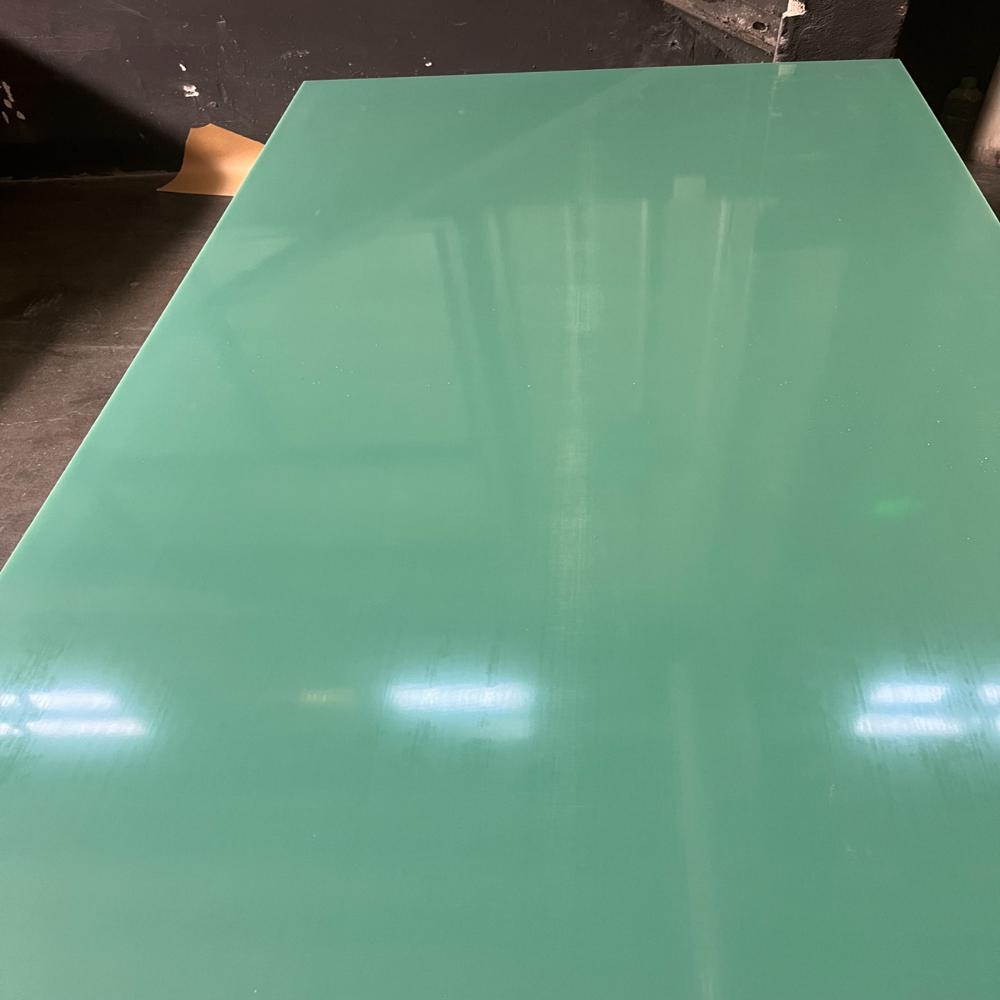
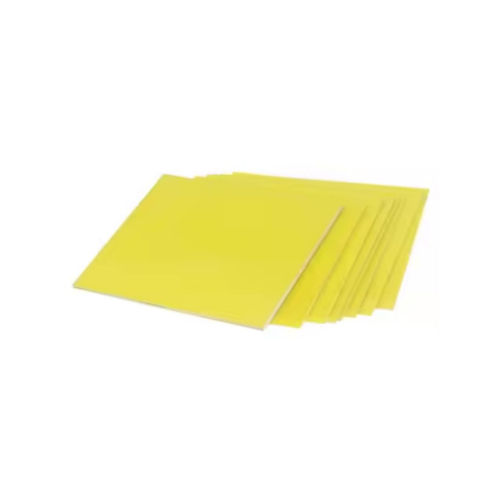
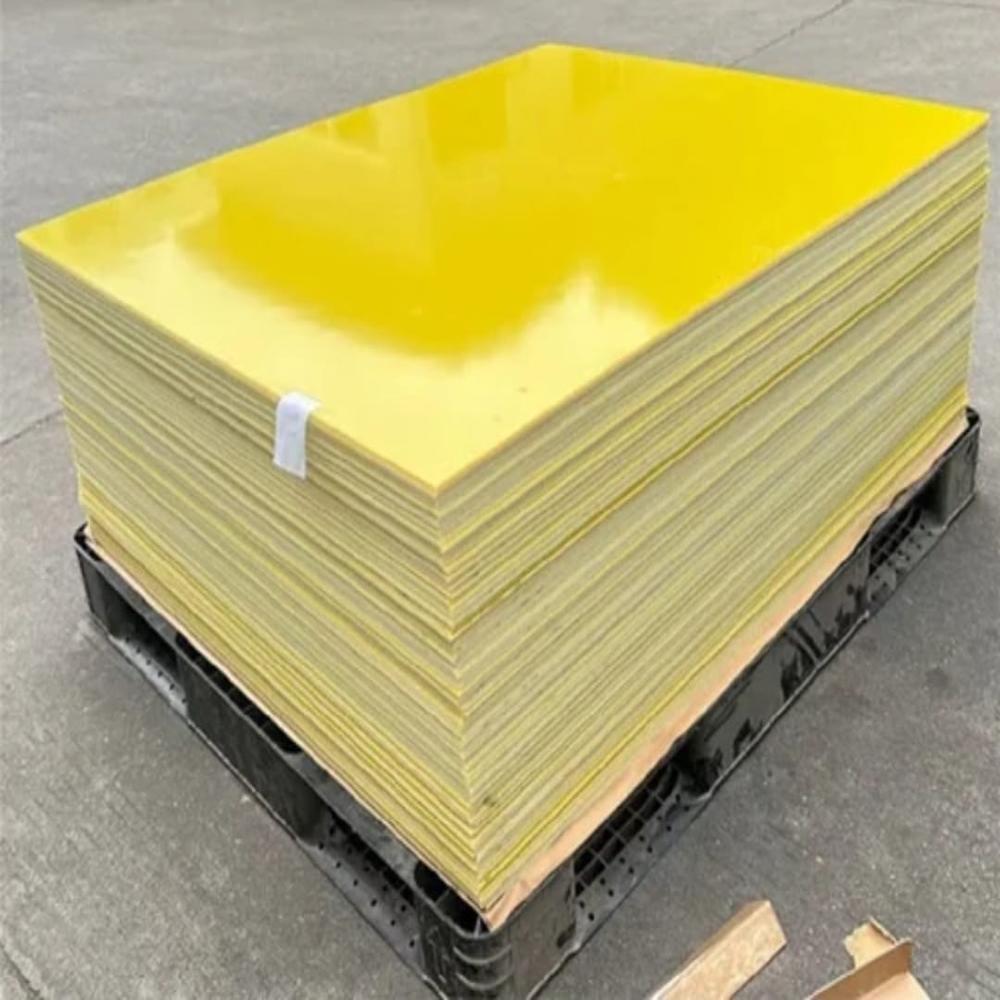
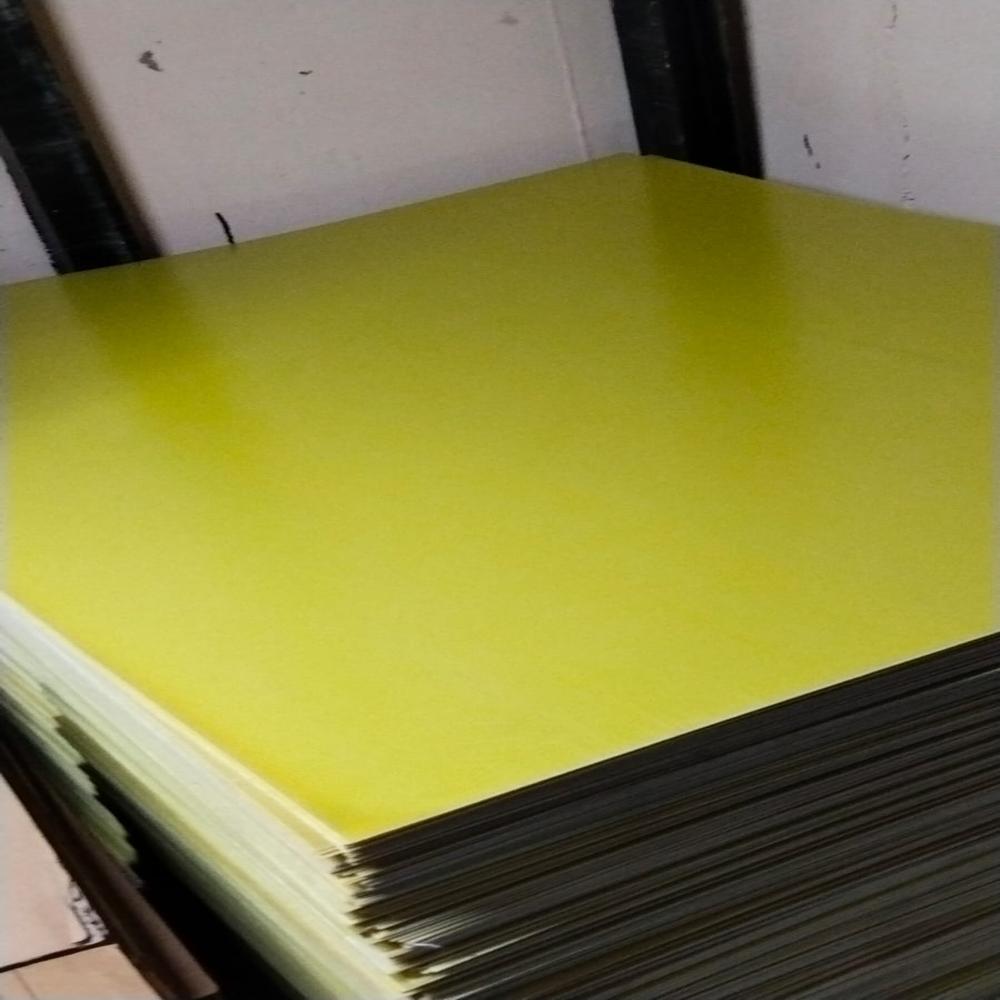
 Send Inquiry
Send Inquiry Send SMS
Send SMS Call Me Free
Call Me Free
 English
English Spanish
Spanish French
French German
German Italian
Italian Chinese (Simplified)
Chinese (Simplified) Japanese
Japanese Korean
Korean Arabic
Arabic Portuguese
Portuguese